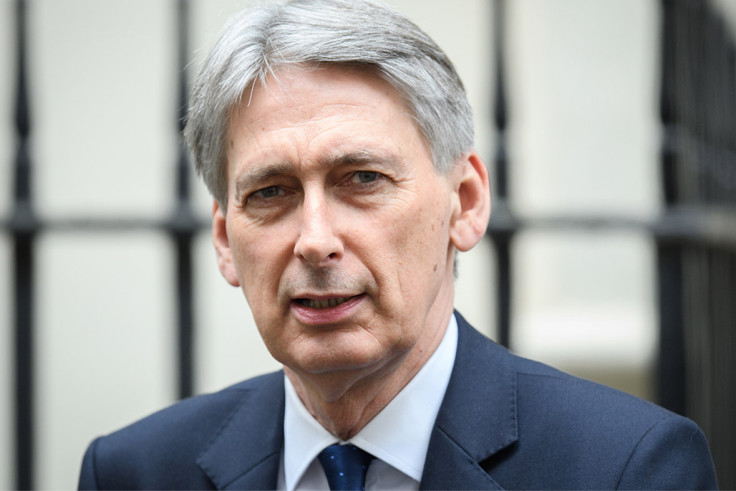Philip Hammond urged to abandon budget surplus target
IFS says chancellor is stuck "between a rock and a hard place" as he prepares to unveil his first budget since the general election.

Chancellor Philip Hammond has been urged to abandon his target to restore government finances to a surplus by the mid-2020s by a leading think tank amid mounting political pressure to increase spending.
The Institute for Fiscal Studies (IFS) has said that the chancellor is stuck "between a rock and a hard place" in his November budget as he tries to balance his promise of eliminating the government's budget deficit and growing demands for increased public spending.
The Treasury's dilemma could be exacerbated if the Office for Budget Responsibility (OBR) downgraded its forecast for productivity growth as expected, while the economic uncertainty created by Brexit posed additional complications, the think tank said.
Thomas Pope, a research economist at IFS, said Hammond had been dealt "a very tricky hand" as he prepares to unveil his first budget since the general election.
"The political arithmetic makes any significant tax increase look very hard to deliver," he said.
"It looks like he will face a substantial deterioration in the projected state of the public finances. And, in the known unknowns surrounding both the shape and impact of Brexit, he faces even greater than usual levels of economic uncertainty."
The OBR said earlier this month that it would "significantly" lower its growth estimates for the productivity of UK workers – output produced per hour of work – from the current 1.6% per year.
The IFS said even a halfway downgrade towards the stagnant productivity levels seen over the past decade would put the budget deficit on course to be nearly £20bn higher in 2021/22.
"Public sector workers, the NHS, the prison service, schools and working-age benefit recipients, among others, would like more money," said Carl Emmerson, deputy director at IFS.
"Even if Mr Hammond does find some unless it did represent a very big change of direction, it won't mean the end of austerity.
"Given all the current pressures and uncertainties – and the policy action that these might require – it is perhaps time to admit that a firm commitment to running a budget surplus from the mid-2020s onwards is no longer sensible."





















